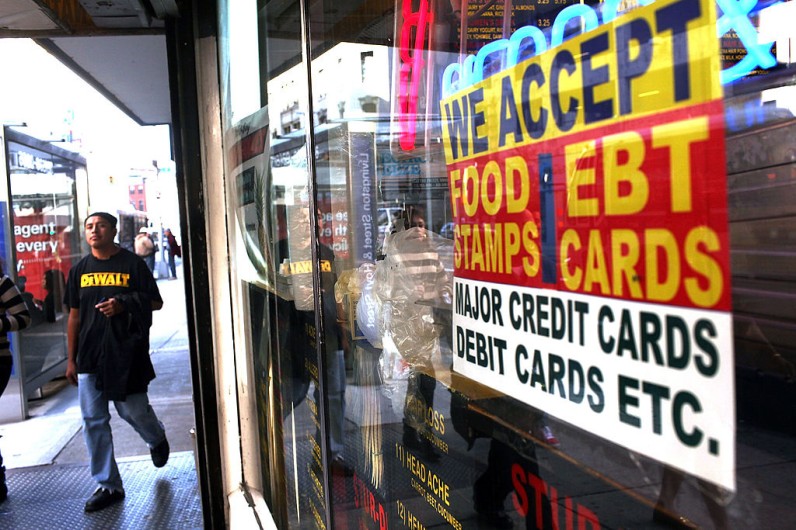
Data released by the US Food and Nutrition Service (FNS) reveals that several states are experiencing high SNAP benefits overpayment rates.
SNAP Benefits Overpayment Rates Across Multiple States
The federal government funds the Supplemental Nutrition Assistance Program (SNAP) and state and local authorities handle its distribution. Every month, funds are deposited onto electronic benefit transfer (EBT) cards, which can be used at participating stores.
This program provides vital assistance to individuals with limited income and resources, enabling them to purchase essential groceries.
Mistakes in the distribution of SNAP benefits are not necessarily indicative of fraud, according to the FNS.
The agency explains that these errors are often the result of unintentional mistakes made by either the state agency or the household, which can impact the accurate determination of eligibility or benefit amounts.
Alaska's overpayment rate for 2023 is significantly higher than the national average and surpasses that of New Jersey, which has the second highest rate of overpayments.
Alaska has been hit with a hefty $12 million fine from the United States Department of Agriculture (USDA) as a result of a significantly high error rate.
According to a recent letter, this situation arose as a result of the state government's decision to provide benefits to residents during the process of addressing a backlog of food stamp applications.
FNS Urges States to Address High SNAP Overpayment Rates
The FNS announced that states with lower performance will need to submit a corrective action plan to address the underlying issues and enhance payment accuracy. Furthermore, states that have consistently high error rates for two consecutive years will face a financial penalty.
South Carolina has the third highest rate of overpayment, standing at 20.94 percent. Hawaii comes in second place with a rate of 19.97 percent, closely followed by Delaware at 19.23 percent.
Vermont has the lowest overpayment rate at 2.82 percent, with South Dakota closely following at 2.87 percent and Idaho at 2.96 percent.
"SNAP is a vital component of our country's safety net, and ensuring accurate benefits is essential for families in need and for maintaining public trust," stated Cindy Long, the administrator for the FNS.
Long said high error rates in a program that affects millions of lives are simply unacceptable. States are being urged to take immediate action to enhance the precision of SNAP payments, or else they may incur financial penalties.







Join the Conversation